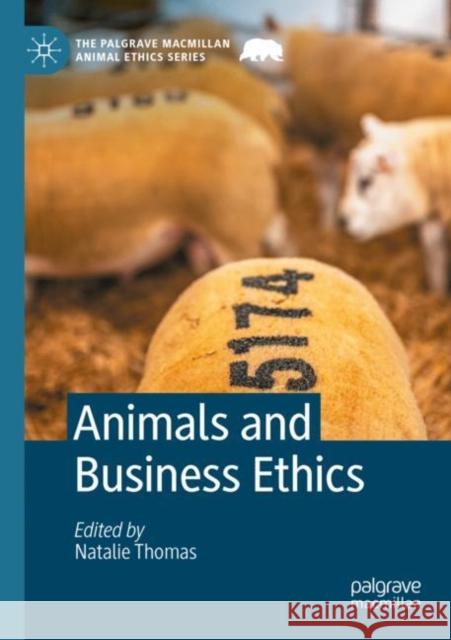Animals and Business Ethics » książka
topmenu
Animals and Business Ethics
ISBN-13: 9783030971441 / Angielski
Animals and Business Ethics
ISBN-13: 9783030971441 / Angielski
cena 682,72
(netto: 650,21 VAT: 5%)
Najniższa cena z 30 dni: 655,41
(netto: 650,21 VAT: 5%)
Najniższa cena z 30 dni: 655,41
Termin realizacji zamówienia:
ok. 22 dni roboczych.
ok. 22 dni roboczych.
Darmowa dostawa!
Kategorie BISAC:
Wydawca:
Palgrave MacMillan
Seria wydawnicza:
Język:
Angielski
ISBN-13:
9783030971441











